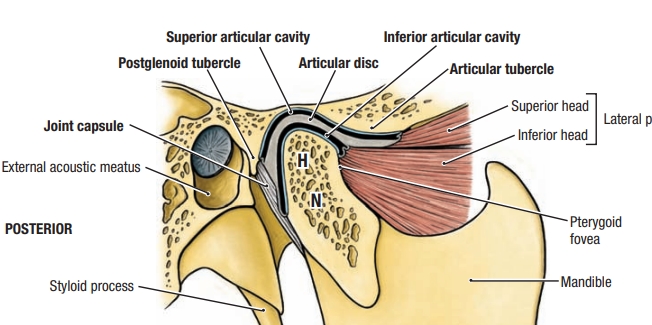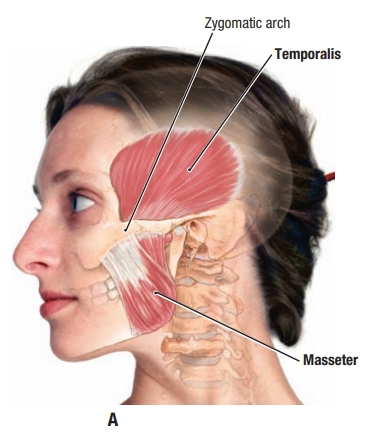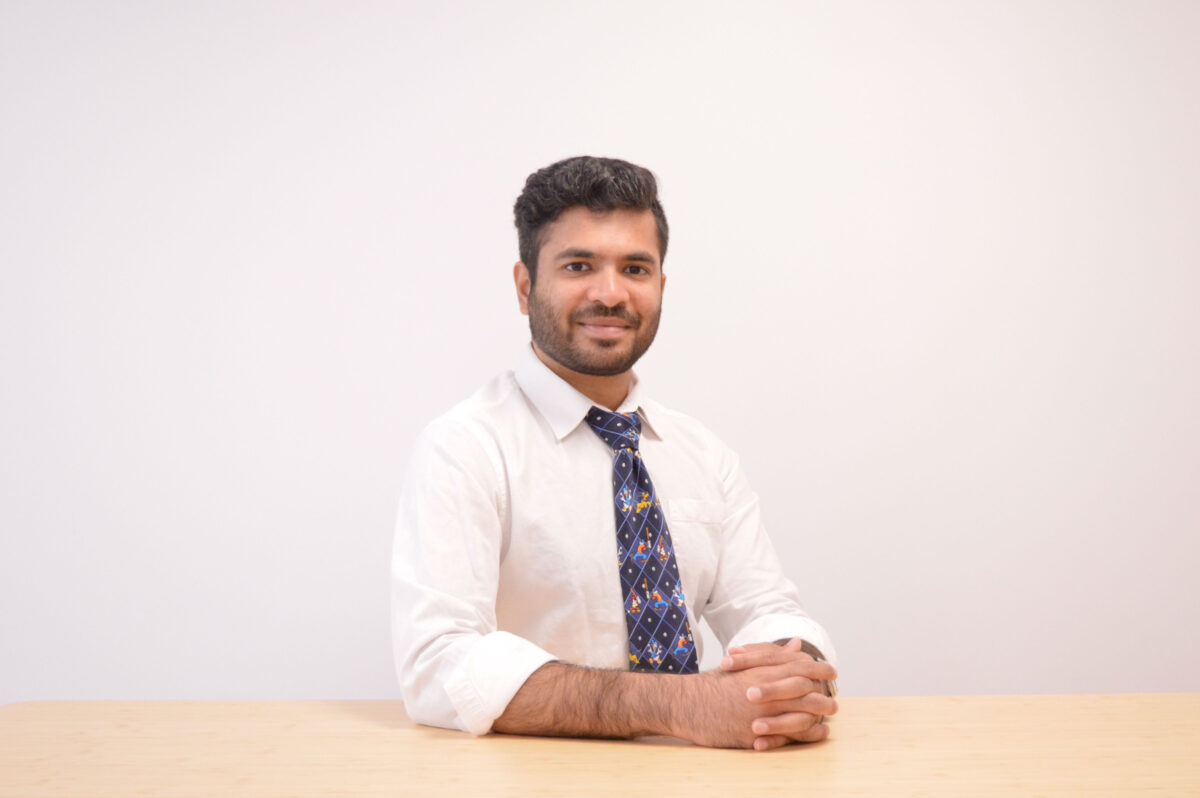TMJ physiotherapy can be highly effective in treating this condition, providing relief from jaw pain and improving functionality.
The temporomandibular joint (TMJ) connects the jawbone to the skull, allowing us to chew, talk, and yawn.
TMJ dysfunction (TMD) occurs when the joint disk or surrounding muscles become irritated, leading to pain and restricted movement. In moderate to severe cases, this can lead to jaw clicking as the disk starts moving abnormally. Other symptoms, such as headaches, and neck stiffness are also common.
Click HERE to learn more about why this can cause headaches.


Physiotherapy is usually the first line of defense against TMJ issues. A comprehensive treatment protocol may include the following:
TMJ dysfunction can cause significant pain and interfere with daily activities like eating and talking. Fortunately, physiotherapy for TMJ offers an effective solution.
We recommend having a comprehensive team of a specialized physiotherapist, dentist, and your family doctor to address the issue in the long term!
Our clinic director, Arjun Patel, has a special interest in TMJ issues and sees TMJ patients regularly. To learn more about him or to book an appointment, keep scrolling!

Arjun Patel, PT, MScPT, MCPA is an orthopedic, neuro, and vestibular physiotherapist. He is the director of Blue Space Clinic Physiotherapy and sees complex cases on a daily basis. He is also an adjunct lecturer at the faculty of medicine at University of Toronto.
To learn more about Arjun and our clinic, click here!